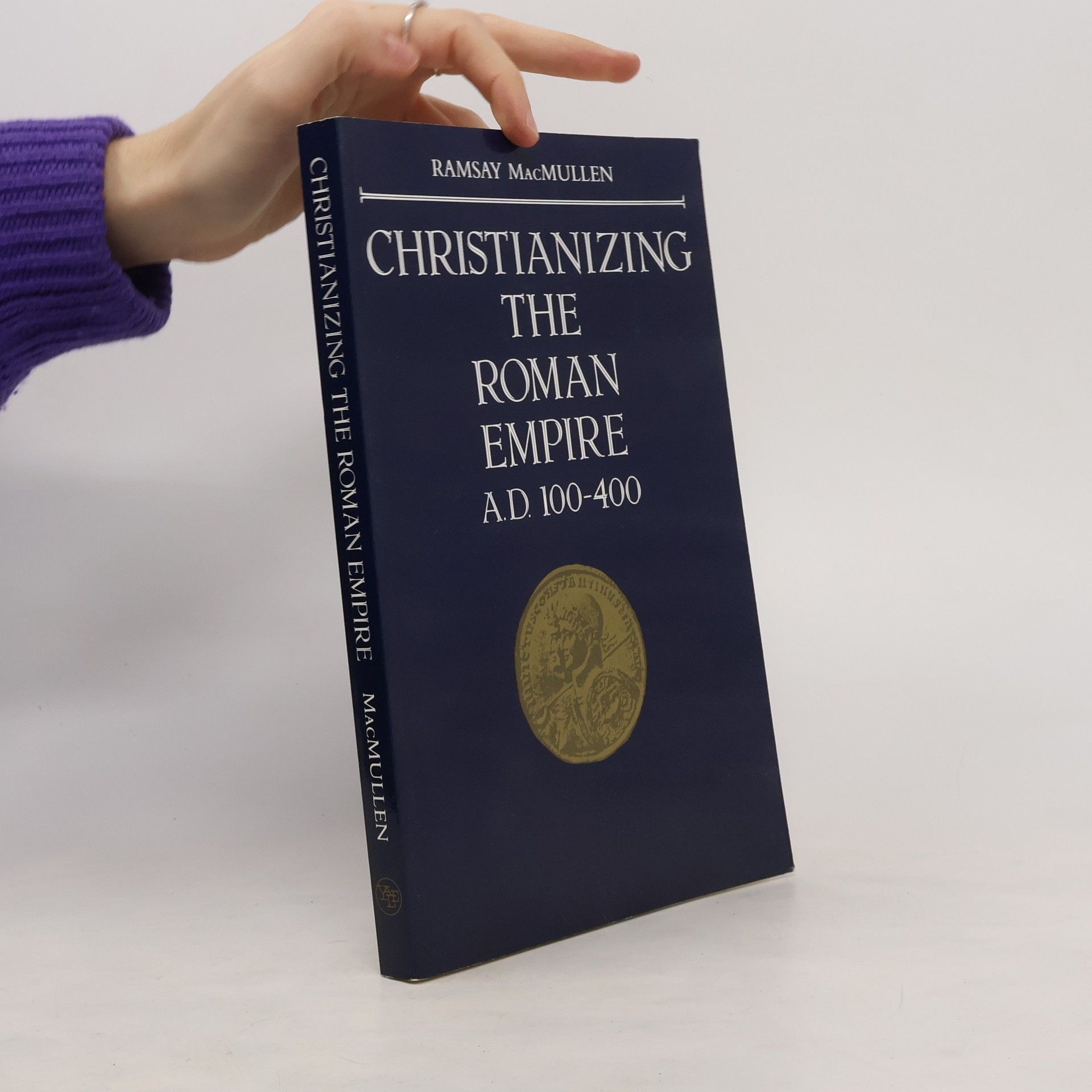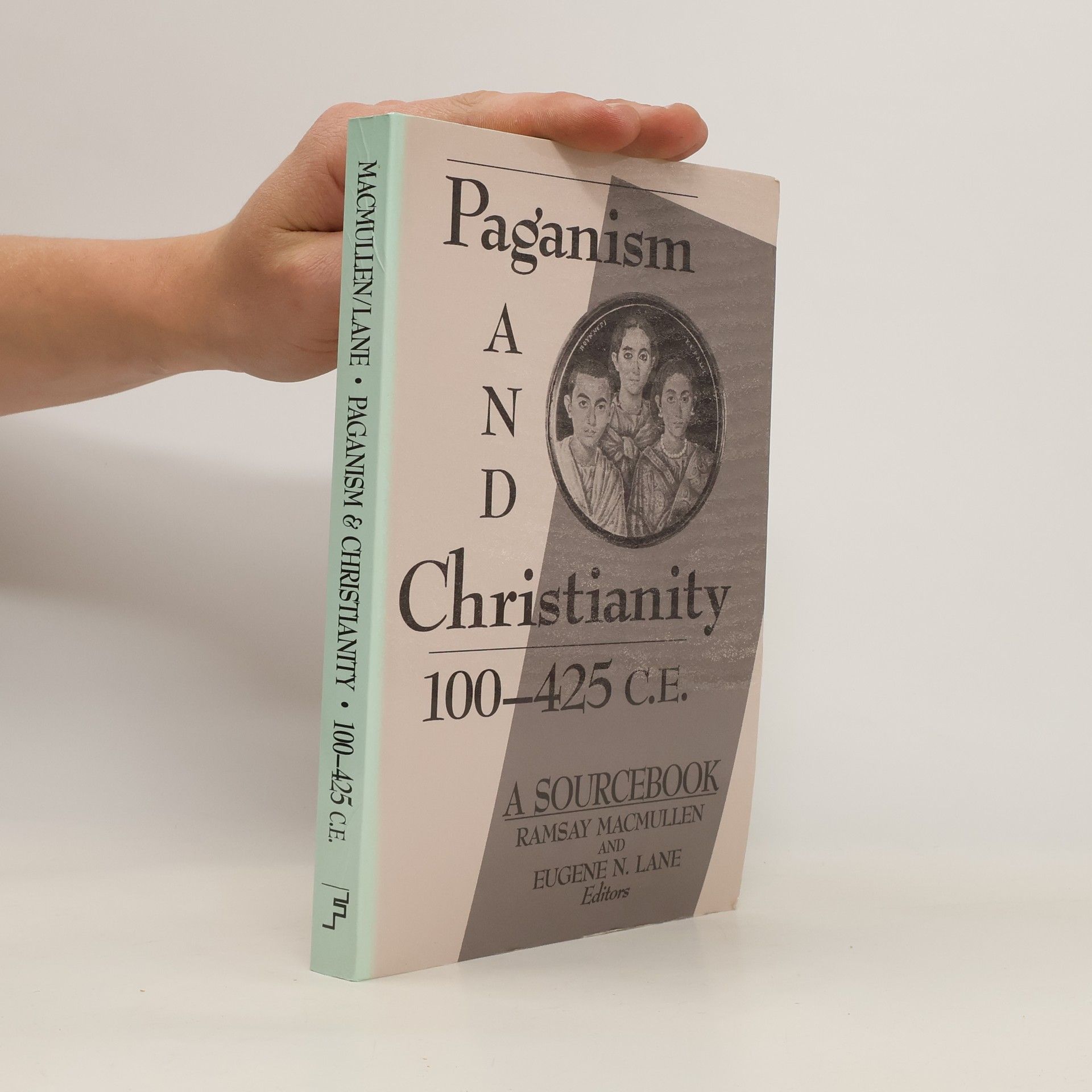This book is a collection of nearly 175 documentsfrom saints, emperors, philosophers, satirists, inscriptions, graffiti, and other interesting typesthat sheds light on the complex fabric of religious belief as it changed from a variety of non-Judeo-Christian movements to Christian in late antiquity. These texts illuminate and bring to life the bizarre and the banal of the social world of the Roman Empire, the world in which Christianity ultimately gained preeminence.This treasury of texts leads the reader through the matrix of beliefs among which Christianity grew. It includes both Christian and non-Christian sources, avoiding a common but obscuring division between the two. The material is presented as one single flow that satisfies natural curiosity and whets the reader's appetite for more. Brief explanatory introductions to the documents are included.
Ramsay MacMullen Libros
Ramsay MacMullen fue un distinguido profesor de historia cuyo trabajo profundiza en la historia social de la antigua Roma. Estaba particularmente interesado en el profundo cambio social que marcó el reemplazo del paganismo por el cristianismo. Su erudición ilumina las complejas dinámicas de la transformación cultural y la evolución de los sistemas de creencias en el mundo romano.



Paganism in the Roman Empire
- 247 páginas
- 9 horas de lectura
Christianizing the Roman Empire. A.D. 100-400
- 183 páginas
- 7 horas de lectura
How did the early Christian church manage to win its dominant place in the Roman world? In his newest book, an eminent historian of ancient Rome examines this question from a secular―rather than an ecclesiastical―viewpoint. MacMullen’s provocative conclusion is that mass conversions to Christianity were based more on the appeal of miracle or the opportunity for worldly advantages than simply on a “rising tide of Christian piety.”“Provocative to the Christian religious scholar and the nonreligious historian alike. . . . MacMullen’s style is lucid, and the story of a period with its own innate interest is narrated with compelling feeling. . . . It is an important book, and highly recommended for the general reader of history as well as the Christian who wonders how the ‘Jesus movement’ came, by Constantine’s time, to be the church we know― Choice“Written in a fresh and vigorous style, . . . [this book] offers an admirable survey of some major aspects of the history [of the early Christian church].”―Robert M. Grant, New York Times Book Review“Gently provocative. . . . MacMullen has written an instructive and enjoyable book on a great theme.”―Henry Chadwick, Times Literary Supplement“A carefully argued and well-written study.”―Jackson P. Hershbell, Library Journal